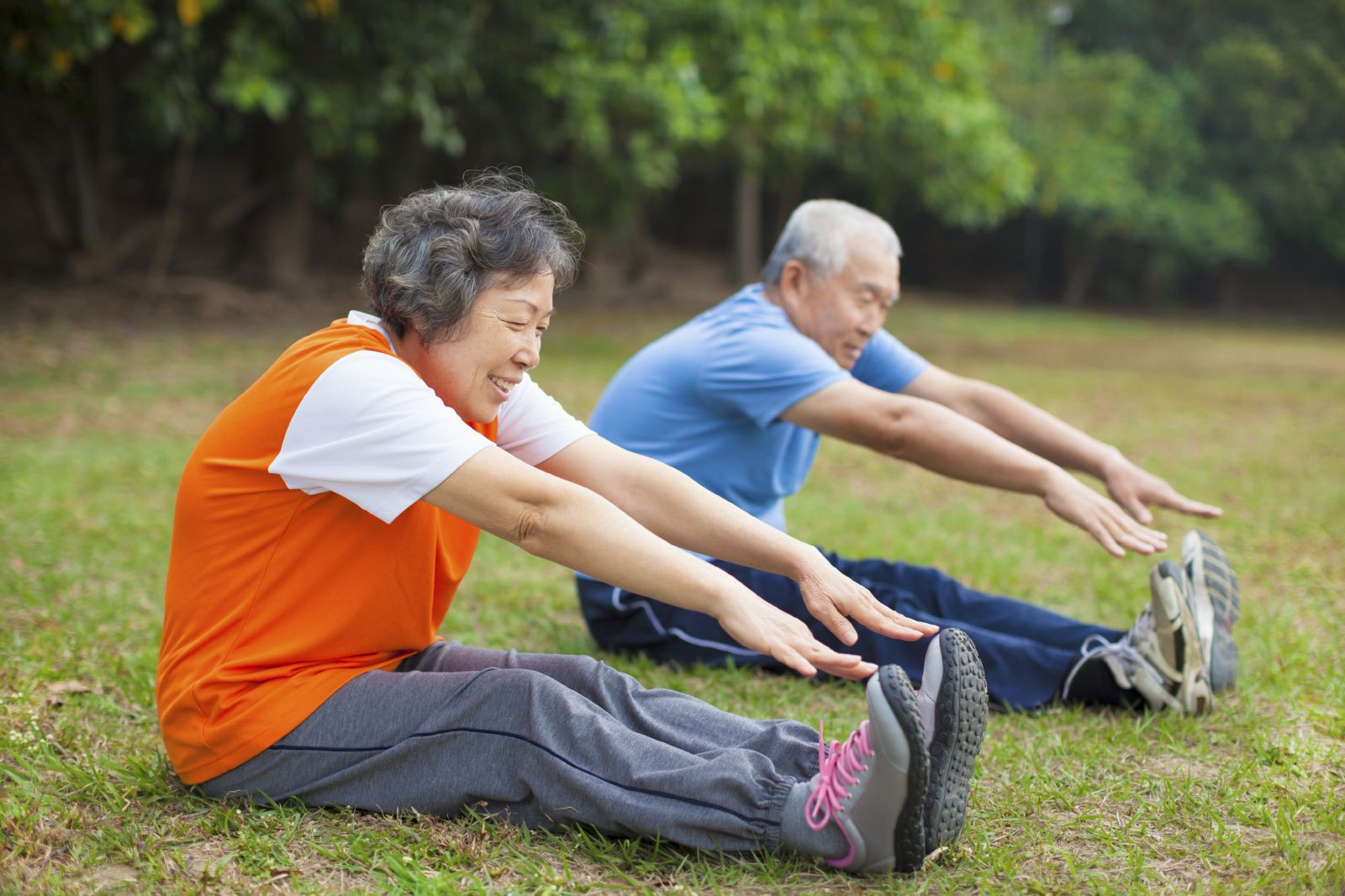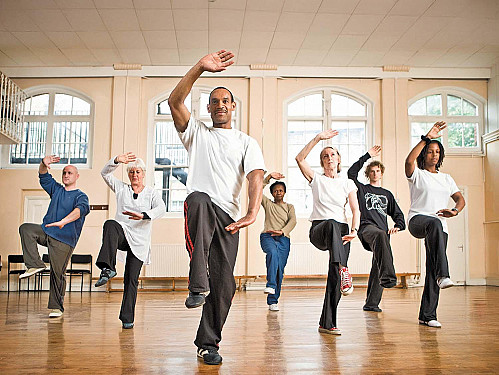Six tips for safe stretches

Virtually every activity you do relies on ease of motion. Stretching can help in numerous ways. It can often relieve back pain, stiff necks, and sore knees when tight muscles are to blame. It can counteract too much sitting whether you're doing it for work or a pleasurable activity. If you're a runner, a tennis player, a golfer, a hiker, or a biker, the right stretching program may set you on a path toward better performance. And as you age, stretching can help keep you active and flexible, making it easier to accomplish innumerable everyday tasks involving walking, climbing stairs, or reaching.
While it's tempting to skip right to the stretches, it's best to think about safety first. These will help you make the best flexibility gains possible, while reducing your risk of injuries.
- Warm up first. Much like taffy, muscles stretch more easily when warm. It can be as simple as marching in place with arms swinging for five minutes or dancing to a few songs. Moist heat packs or a warm shower are effective first steps, too.
- Feel no pain. Stretch only to the point of mild tension, never to the point of pain. If a stretch hurts, stop immediately! Reset your position carefully, then try again. With time and practice, your flexibility will improve.
- Pay attention to posture and good form. Posture counts whether you're sitting, standing, or moving. Good form translates to better gains in flexibility and less likelihood of injury when stretching tight muscles.
- Focus on the muscle being stretched. You'll notice that one side of your body often is tighter than the other. Work on balancing this over time.
- Breathe. Breathe comfortably while stretching, or use yoga breathing. Whatever you do, don't hold your breath while you are holding a stretch.
- Practice often. You'll make the best gains if you stretch frequently—daily, or on as many days of the week as possible. At the very least, aim to do stretches two or three times a week.
For more on ways to improve your strength and flexibility, buy Stretching, a Special Health Report from Harvard Medical School.
Image: © Tomwang112 | GettyImages
Disclaimer:
As a service to our readers, Harvard Health Publishing provides access to our library of archived content. Please note the date of last review or update on all articles.
No content on this site, regardless of date, should ever be used as a substitute for direct medical advice from your doctor or other qualified clinician.















